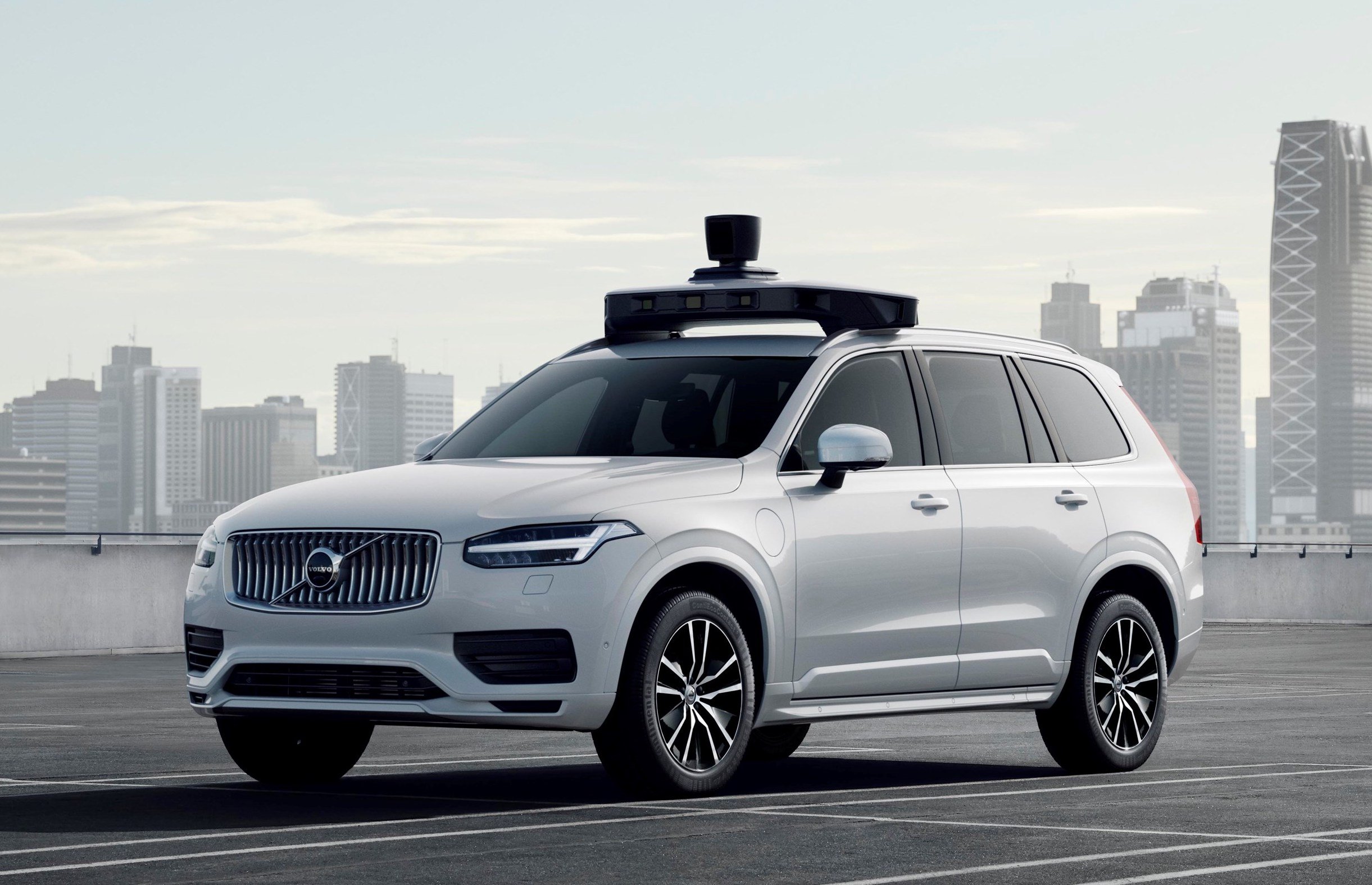Zenuity, a self-driving start-up backed by Volvo Cars and Veoneer (VNE +0.00%), said that it's teaming up with renowned European physics research organization CERN to help its cars learn and make decisions more quickly.
Why is this important? Let's put it this way: A well-funded self-driving effort that isn't on many American investors' radar screens just got an important new ally. If you're interested in investing in self-driving vehicles, this is something to be watching.
Here's what we know.

Self-driving start-up Zenuity is a joint venture between Volvo Cars and Veoneer. Image source: Volvo Cars.
About the deal
Zenuity is teaming up with CERN, Europe's leading center for physics research, which has developed a way to crunch large amounts of data quickly using processing chips called field-programmable gate arrays (FPGAs). "Field-programmable" means that their logic programming can be changed from moment to moment. That's ideal for machine learning.
CERN's research is focused on particle physics. Its Large Hadron Collider generates huge quantities of data, from which complex decisions need to be made quickly. To meet the challenge, the organization developed a high-speed machine-learning system built around FPGAs -- an approach that Zenuity will adopt for its autonomous vehicles.
What is CERN?
CERN is the European Organization for Nuclear Research. Founded in 1954, it operates the world's largest particle physics laboratory at its headquarters near Geneva, Switzerland. Its primary mission is to provide particle accelerators and other infrastructure needed for high-energy physics research. Twenty-three countries are members of the organization and support its work.
(The name "CERN" is an acronym formed from the organization's original name in French, Conseil Européen pour la Recherche Nucléaire. It's used to refer both to the organization itself and to its laboratory in Switzerland.)
Over the years, CERN's research efforts have occasionally led to important advances outside of particle physics. Among them: Tim Berners-Lee invented the World Wide Web while working at CERN.
What is Zenuity?
Zenuity is a Swedish company working to develop software for advanced driver-assist (ADAS) systems and fully self-driving vehicles. It's a joint venture, originally created by Volvo Cars and Swedish auto-industry supplier Autoliv (ALV 4.11%) in 2016. Autoliv's stake in Zenuity is now owned by Veoneer, which was created in a spinoff from Autoliv in 2018.
While Veoneer has struggled since the spinoff, Volvo Cars is backed by a deep-pocketed owner, Chinese automaker Zhejiang Geely Holding Group. In addition to Volvo Cars, Zhejiang Geely owns Geely Automobile Holdings (GELYF 4.44%), the largest domestic Chinese maker of passenger vehicles; the upscale Chinese auto brand Lynk & Co.; and Polestar, a new electric luxury-performance brand.
(Note that Volvo Cars and Swedish truck maker Volvo AB are different companies.)
Zenuity is just two years old, but it's already the preferred provider of ADAS systems to the Geely stable of auto brands, and it's leading the development of software for Volvo's upcoming self-driving vehicles.
What does this mean for investors?
Investors who have spent some time looking at the emerging field of self-driving cars know that there aren't any true pure-play investments in the technology at this time. But there are a few publicly traded companies with significant exposure to the technology that are worth watching, including Veoneer.
CERN is a scientific heavyweight: Its decision to work with Zenuity shows that the company's technology should be taken seriously. And because this deal could be an important step forward for Zenuity, that makes it important for Veoneer (and Volvo Cars) as well.








